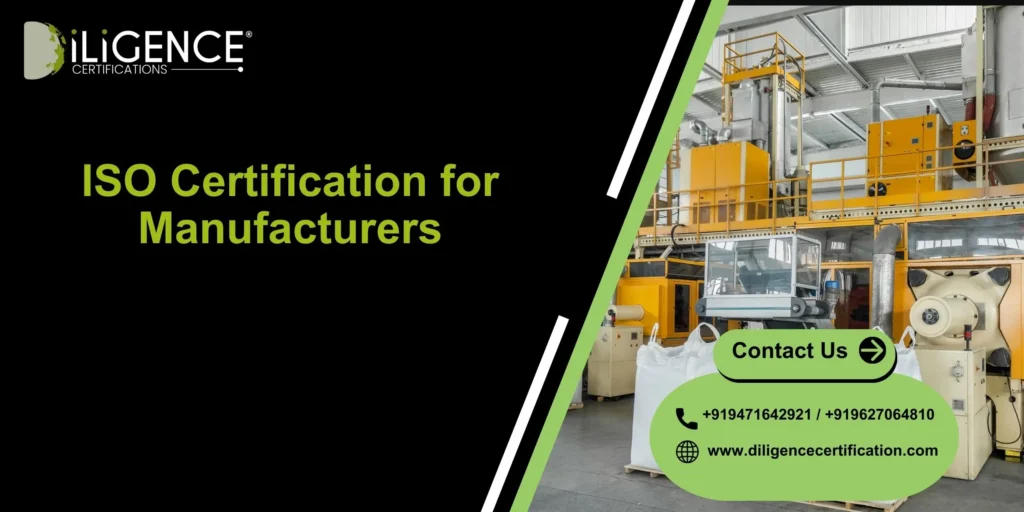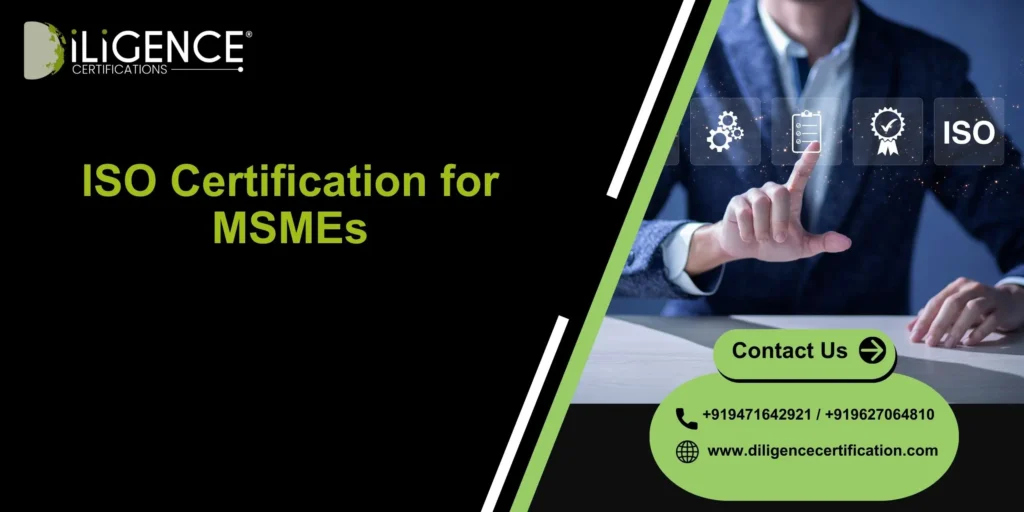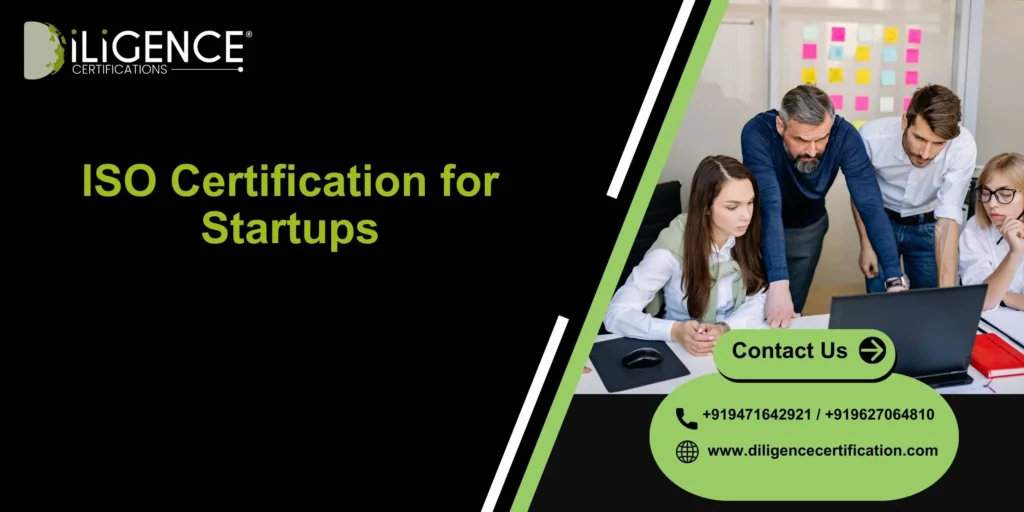- BIS Certification for Stainless Steel Wires under IS 6528:1995 is compulsory for Indian market supply.
- It ensures wires meet chemical, mechanical, and dimensional requirements.
- The process covers application, lab testing, factory audit, and marking approval.
- Delays often occur due to incomplete documents or calibration gaps.
- Holding this certification improves OEM acceptance and avoids compliance penalties.
Introduction
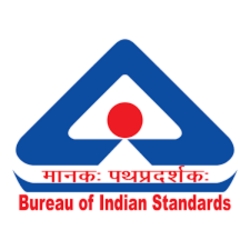
It’s a story about a stainless steel wire factory in Pune, India, that lost a big OEM order after being unable to produce a valid BIS Certification for Stainless Steel Wires under IS 6528:1995. Their quality was good, but the buyer dismissed the offer because he had to comply with the mandatory regulation. Such a change has become typical in these sectors of automotive, engineering, and hardware. The market demands evidence from the wire that its chemistry, tensile strength, and finish are in accordance with the national standards. For manufacturers and importers, getting to know the certification requirements can be a great way of steering clear of shipment holds, customer rejections, and production interruptions. Bureau of Indian Standards
What is IS 6528:1995?
IS 6528:1995 is the Indian Standard that defines the set of quality and performance requirements for stainless steel cold-drawn wires to be used in engineering, fabrication, and general industrial applications. In short, it is a standard that characterizes a wire by its chemical, mechanical, and dimensional parameters before it gets released to the market.
Key Points:

- First of all, the standard covers the material grades for stainless steel wires that are commonly used for springs, fasteners, and industrial components.
- The standard chemistry, tensile strength, elongation, and hardness limits are also defined.
- Diameter tolerances and surface finish criteria are specified. ISI MARK
- Moreover, the standard comprises a set of mandatory tests such as tensile, wrap, bend, and torsion.
- It is also BIS Certification’s technical reference for Stainless Steel Wire subject to IS 6528:1995.
Why is BIS Certification Mandatory
BIS certification is mandatory to ensure stainless-steel wires entering the Indian market meet national safety and performance standards, reducing risks of product failure and preventing substandard imports.
Key Reasons:
- Required under the Government of India’s Quality Control Orders for regulated steel products.
- Ensures wires comply with IS 6528:1995 chemical, mechanical, and dimensional norms.
- Prevents inferior or unsafe material from reaching automotive, engineering, and construction sectors.
- Mandatory for both Indian manufacturers and overseas suppliers exporting to India.
- Non-compliance can lead to product seizure, customs blockage, and penalties.
Importance and Benefits of BIS Certification
| Importance | Benefits |
| Guarantee of regarding quality and safety of stainless-steel wires according to IS 6528:1995 | Creates trust with OEMs and large industrial buyers |
| Stops the entry of low-grade or unsafe materials into the market | Facilitates obtaining of agreements and approvals for the supply of long-term contracts |
| Compliance compulsory by Indian Quality Control Orders | Prevents customs from detention, fines, and delays in shipments |
| Unifies the chemical, mechanical, and dimensional characteristics | Enhances product reliability and decreases the number of customer complaints |
| Ensures the safety of the end-use industries of engineering, construction, and fabrication | Leverages brand value and enables market competition |
Step-by-Step Process of BIS Certification

Step1:Documentation
- Collect required business and product documents
- Ensure compliance with BIS standards
- Prepare technical files and product details
- Verify authenticity of all submitted records
Step2:Product Testing
- Send product samples to a BIS-recognized lab
- Conduct tests as per relevant Indian Standards (IS)
- Obtain an official test report
- Fix issues if the product fails and retest
Step3:Application Submission
- Fill out the BIS registration form online
- Upload documents and test reports
- Pay the required government fees
- Track application status on the BIS portal
Step4:Scrutiny and Inspection
- BIS reviews documents and test reports
- Factory inspection may be conducted (if applicable)
- Clarifications or additional documents may be requested
- Compliance is verified before approval
Step5:Grant of License
- BIS issues the registration certificate
- Unique R-number or license number is provided
- Manufacturer can affix the BIS mark on products
- Renewal required as per BIS validity timeline
Documents Required for BIS Certification
| Category | Documents Required |
| Business Documents | Business license/registration, ISO certificate, organizational details |
| Manufacturer Details | Factory layout, process flow chart, machinery list, production details |
| Product Documents | Product specifications, component list, user manual, model details |
| Testing Documents | Test report from BIS-recognized lab, sample details, test request form |
| Legal & Compliance | Authorization letter, brand ownership proof, trademark certificate (if any) |
| Import/Foreign Manufacturer (If applicable) | AIR (Authorized Indian Representative) details, contract agreement, overseas manufacturer documents |
Timelines, Costs, Validity & Renewal
- Timelines: Usually from 20 to 30 days, with only 7-15 days for the testing.
- Costs: The cost of the government and the test varies depending on the product. There can be some additional charges though.
- Validity: The validity period is 2 years in most situations.
- Renewal: The renewal is done before the expiration; there should be updated documents/tests; the renewal
Why Choose Diligence Certifications
- Expert team with strong BIS and regulatory knowledge
- Fast, streamlined processing to reduce approval delays
- Accurate documentation and testing coordination
- Transparent guidance with clear communication
- High success rate and complete end-to-end support
Conclusion
The realization of the Indian market demand has made the BIS Certification for Stainless Steel Wires under IS 6528:1995 an absolute essential for any supplier. It is a shield for the manufacturers against the risk of non-compliance, a source of confidence for the buyers in the quality and a vehicle for the supply chains to move without any stoppage. Certification, which is a result of proper handling of documentation, testing and process control, is a simple one and it is a great product strength indicator. The decision to get a BIS certificate is a business strategy that is indispensable for companies that are looking forward to broadening their customer base or steering clear of regulatory obstacles.
Frequently Ask Questions
What Is BIS Certification for Stainless Steel Wires According to IS 6528:1995?
BIS Certification is a guarantee that the stainless steel wire is compliant with the standards of a given batch described in the IS 6528:1995 in terms of the chemical, mechanical and dimensional aspects.
Is BIS Certification Necessary for Stainless Steel Wires in India?
Yes, BIS Certification is mandatory as per the Quality Control Orders of the government of India for any entity involved in the production, the import or the sale of the stainless steel wire type as per IS 6528:1995.
Which Category of People Must Apply for This Certification?
Indian manufacturers, foreign manufacturers exporting to India, and importers of stainless steel wires are required to obtain a BIS certification.
What Are the Testing Methods Under IS 6528:1995?
Some of the testings are: Laboratory analysis of the product, weight test, Growth measure, resistance, wrap test, bend test, torsion test, diameter check, and surface finish inspection.
How Long Does It Take to Get a BIS License?
The standard time frame is between 20 and 30 days. The 7 to 15 days correspond to lab testing, while the other days are there for document review and the BIS office work.
Which Documents Does a BIS File Consist of?
Some of them are: business registration, factory layout, process flow chart, product specifications, test reports, calibration certificates, and legal authorizations.
What Is the Procedure When the Product Fails in the Lab?
In case a product does not meet the stipulations of the IS 6528:1995 standards, the manufacturer is obliged to correct the product, conduct the test again and send the application once more.
How Long Is the BIS License Valid for?
The grant is usually for two years, after which it is necessary to renew it with updated documents and new test reports (if required).
Is It possible for Non-local Manufacturers to Acquire BIS Certification?
They can do that only by appointing an Authorized Indian Representative (AIR) who liaises with the BIS and mains the procedure locally.
What Are the Advantages of Getting BIS Certification?
The certification simplifies business operations as it is in line with the law, supports OEM acceptance, averts customs delays, upgrades the product quality, lowers customer grievances and enhances market reputation.






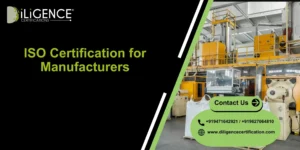
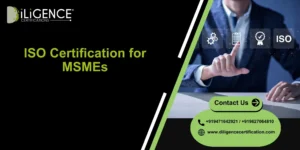
 BIS Certification
BIS Certification
 CDSCO
CDSCO
 CPCB
CPCB
 LMPC
LMPC
 WPC Approval
WPC Approval
 Global Approvals
Global Approvals
 TEC
TEC
 ARAI
ARAI
 BEE
BEE
 ISO Certification
ISO Certification
 DGCA Certification
DGCA Certification
 NOC For Steel
NOC For Steel



















 Business Registration
Business Registration















 Legal Services
Legal Services
 Trademark Registration
Trademark Registration
 Copyright Registration
Copyright Registration
 Patent Registration
Patent Registration













































